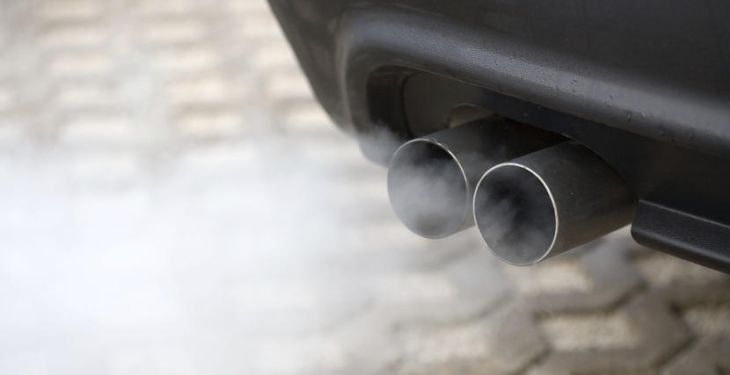European Commission’s proposed Euro 7 emission rules on cars, vans, trucks and buses would amount to “a ban through the back door” of internal combustion engines as of 2025, if implemented in their current form, industry has said, calling the proposal premature and “completely out of the question”, according to Euractiv.com.
The ‘Euro 7‘ rules aim to ensure vehicles are clean over their entire lifetime, helping Europe to meet its European Green Deal emissions targets. The exact details of the measure are still under discussion, but they are already creating jitters at VDMA, a German trade association representing mechanical engineering companies.
“The planned obligation that new vehicles in Europe must be practically emission-free from 2025 onwards would be an ecological, economic and technological aberration,” VDMA said in a statement.
“The proposals for the Euro 7 regulation discussed so far jeopardise value chains far beyond the automotive industry by leading to a de facto ban on cars and trucks powered solely by internal combustion engines. Europe cannot afford that,” the statement said.
VDMA argues that the introduction of e-fuels means the internal combustion engine will continue to play a role in the shift to green transport.
E-fuels, such as liquid hydrogen, can be created from electricity provided by renewable sources, offering a green alternative to fossil fuels. However, these synthetic fuels currently have a much higher cost of production and require large amounts of renewable energy to be carbon neutral.
Frans Timmermans, the EU’s climate policy chief, said decisions will be made in dialogue with the car industry, but stressed that his intention was not to avoid “difficult topics and difficult decisions”.
“You know that the car industry starts by saying it’s impossible and then, in the end, complies,” he told a press briefing last November. “But I’m not taking that as a template for my negotiations now because we have to listen to [the industry], we have to listen to their arguments,” he said.
Timmermans acknowledged the critical role of car manufacturing for the European economy but said the industry needs to now move towards electric vehicles and the use of hydrogen for heavier transport.
“I know that there is a lot of nervousness. We will have this dialogue with the industry, but we cannot wait until 2029 to have a further reduction of our emissions,” he added.
The European Automobile Manufacturers Association (ACEA) said that there is “no evidence” that the scenarios put forward in the proposal are technically feasible at present, particularly as the stringent emissions limits must be met in even in extreme driving conditions, such as when travelling up hill or in harsh winter weather.
In practice this means that “the targets manufacturers will set themselves for engineering development have to be much lower than the prescribed limits,” an ACEA spokesperson said.
“Rather than announcing bans on the internal combustion engine in the short term, what is needed is a strong political commitment to put all the enabling conditions for the transition to zero-emission mobility – such as charging infrastructure and incentives – in place as a matter of urgency,” the spokesperson added.
CCFA, a group representing French car manufacturers including Renault, said they are concerned by the Euro 7 standards, but expect changes before the final version is published.
“The first proposals that have been made require a decrease of 60% to 90% of emissions, which is not realistic at all. It is a very complicated objective to reach regarding non-electric cars,” said Laure De Servigny, information and media relations officer at CCFA.
“To reduce and phase out emissions, a solution would be to use clean energies like biofuels. It could help reach this objective. The other solution is to only sell electrical and hybrid vehicles, but I am not sure consumers will approve of them and buy them,” she added.
The German Association of the Automotive Industry (VDA) is similarly concerned by what’s currently on the table.
“The fact is, the current proposal threatens to make the internal combustion engine and the progress made so far impossible. What is sold as sustainable is ultimately even harmful to the climate: the renewal of existing vehicles is not progressing quickly enough, consumers are unsettled and the previous vehicles continue to be driven,” said VDA president Hildegard Müller.
“In addition, there is a negative consequence for e-mobility: a premature end of the internal combustion engine hinders, makes more expensive, and delays the enormous transformation process that our companies – manufacturers and suppliers – are currently having to master in order to continue to be world leaders in this area,” she added.
VDA also believes that scrapping the internal combustion engine within the next four years is unrealistic.
